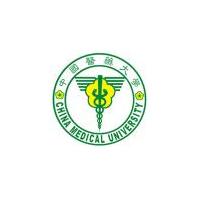Diet and exercise are conventional methods for controlling body weight and are linked to alterations in gut microbiota. However, the associations of diet, exercise, and gut microbiota in the control of obesity remain largely unknown. In the present study, using 16S rRNA amplicon sequencing and fecal microbiota transplantation (FMT), normal fat diet (NFD), exercise and their combination resulted in improved metabolic profiles in comparison to sedentary lifestyle with high fat diet (HFD). Moreover, diet exerted more influence than exercise in shaping the gut microbiota. HFD-fed mice receiving FMT from NFD-exercised donors not only showed remarkably reduced food efficacy, but also mitigated metabolic profiles (p < 0.05). The transmissible beneficial effects of FMT were associated with bacterial genera Helicobacter, Odoribacter and AF12 and overrepresentation of oxidative phosphorylation and glycolysis genes. Our findings demonstrate that the beneficial effects of diet and exercise are transmissible via FMT, suggesting a potential therapeutic treatment for obesity.
Data and Resources
| Field | Value |
|---|---|
| Publisher | |
| Modified | 2020-10-29 |
| Release Date | 2020-10-29 |
| Identifier | 075a36b9-25af-400e-8b66-32d6234b763e |
| License | License Not Specified |
| Public Access Level | Public |
